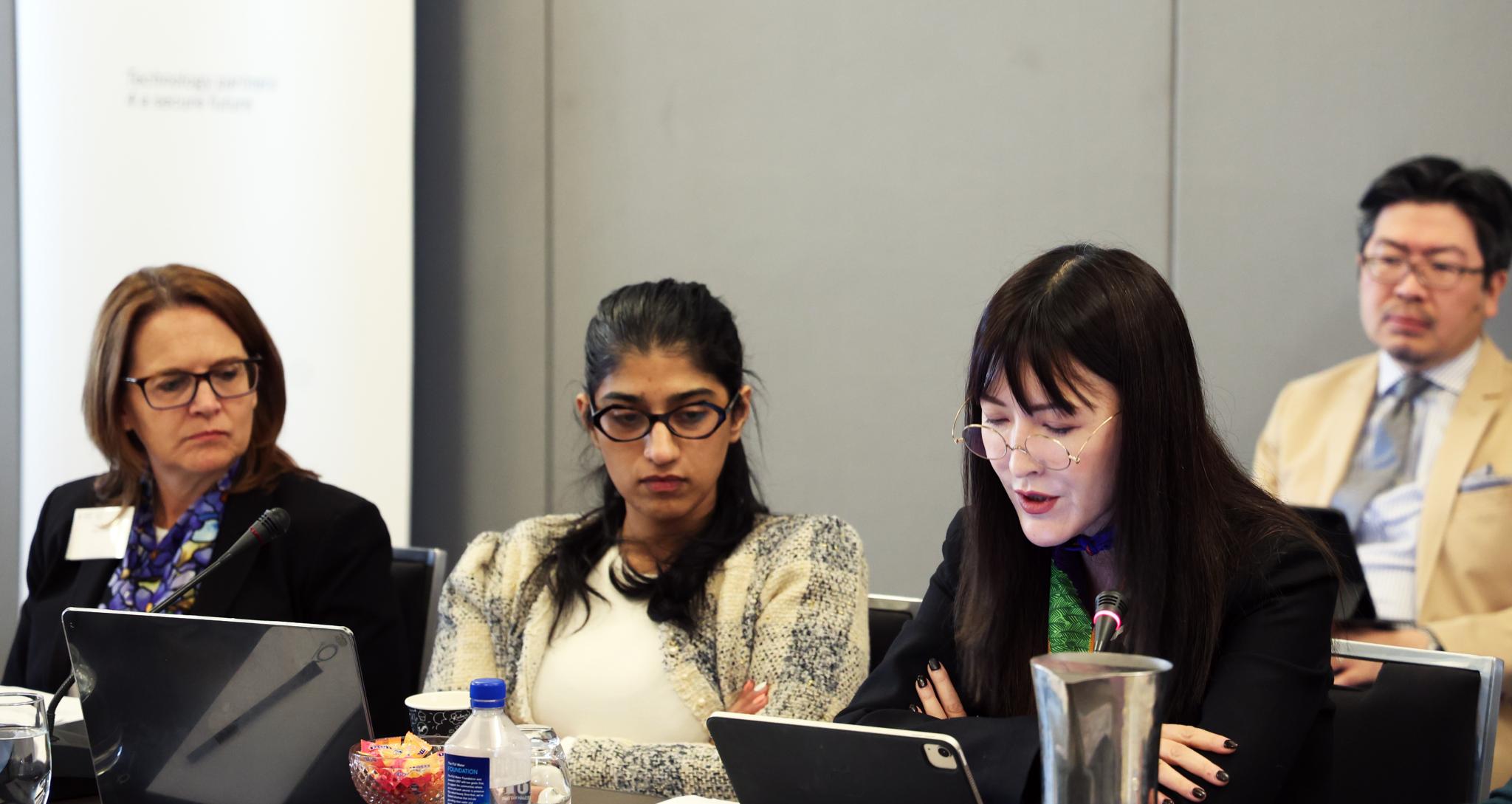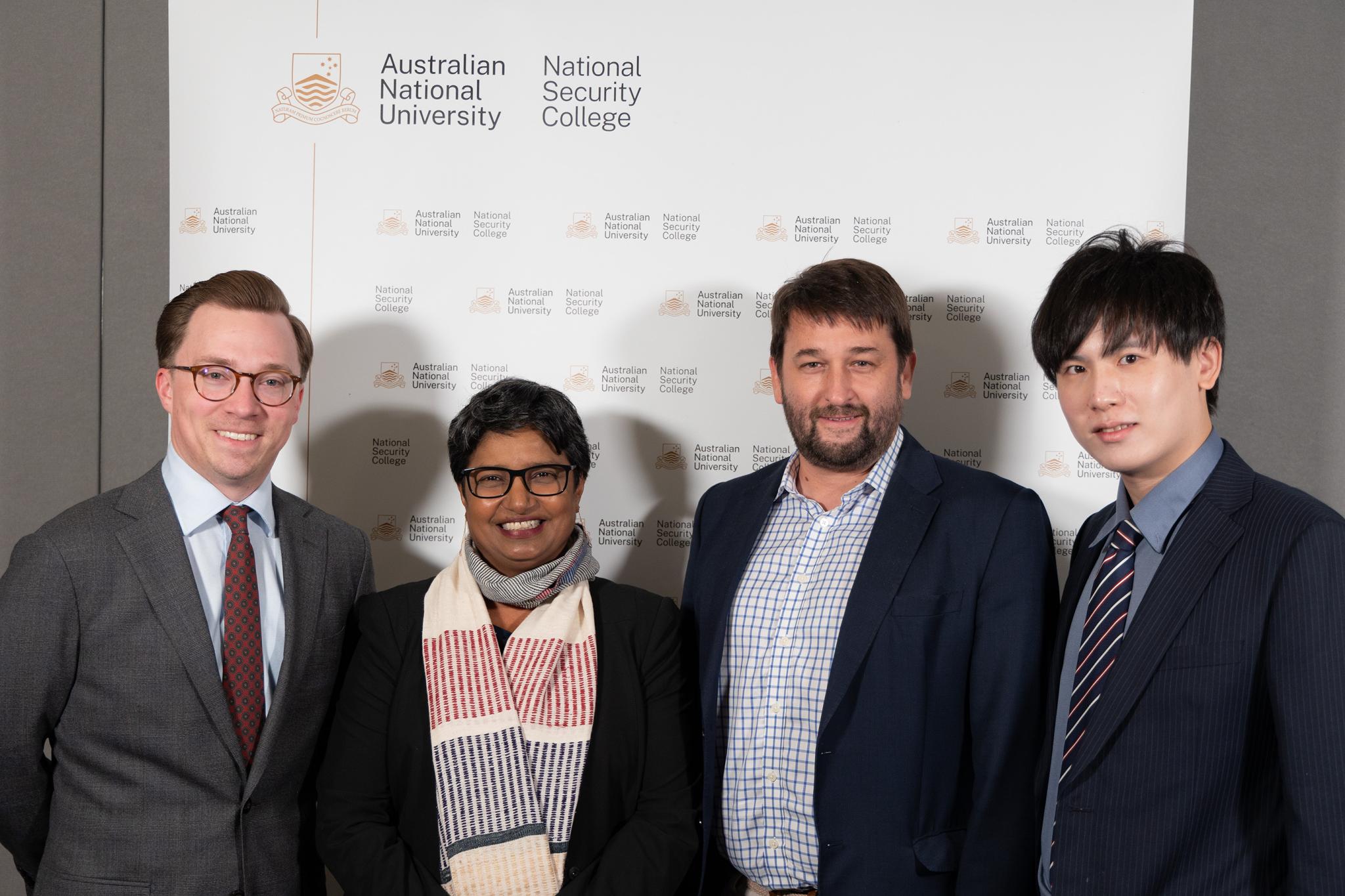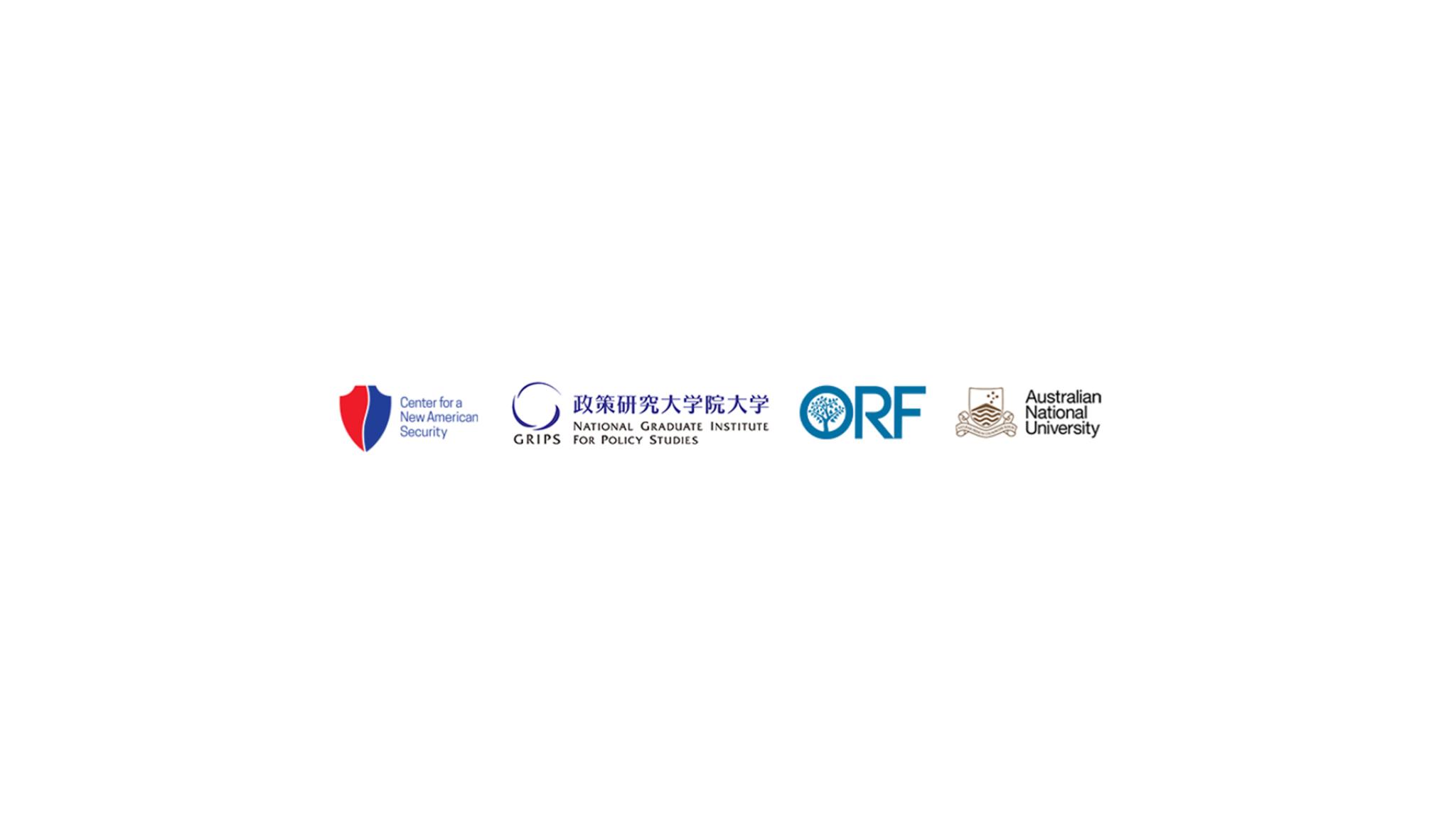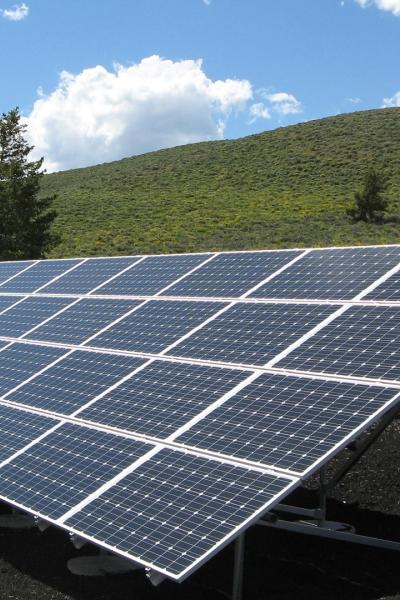The QTN aims to establish and deepen academic and official networks linking the Quad nations – Australia, India, Japan, and the United States – in relation to the most pressing technology issues affecting the future security and prosperity of the Indo-Pacific.
The QTN was first funded by the Department of Foreign Affairs and Trade, in two phases over 2020-2021. The third phase of the initiative is funded by the Department of Home Affairs, as the responsible Australian Government lead on the Quad Critical and Emerging Technology Working Group (CETWG).
While not an official Quad initiative, the QTN’s objectives have been calibrated to support the evolving objectives of the CETWG.











